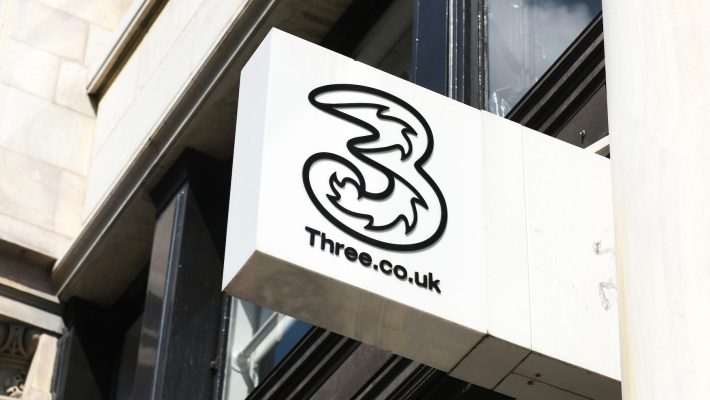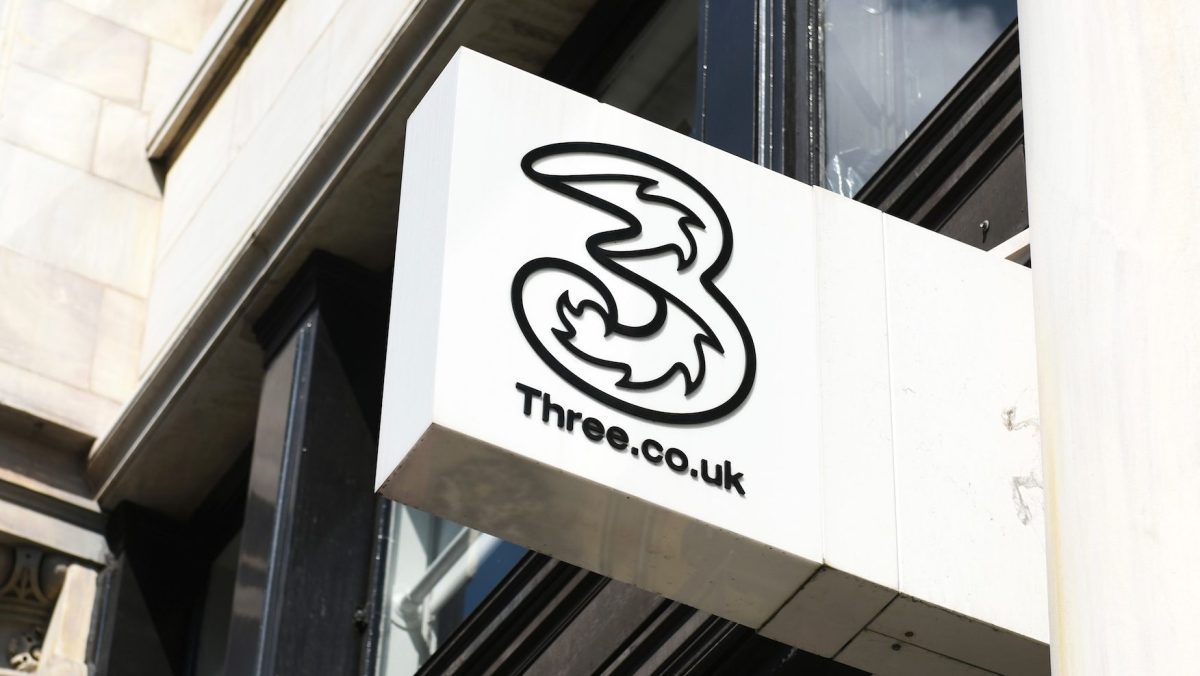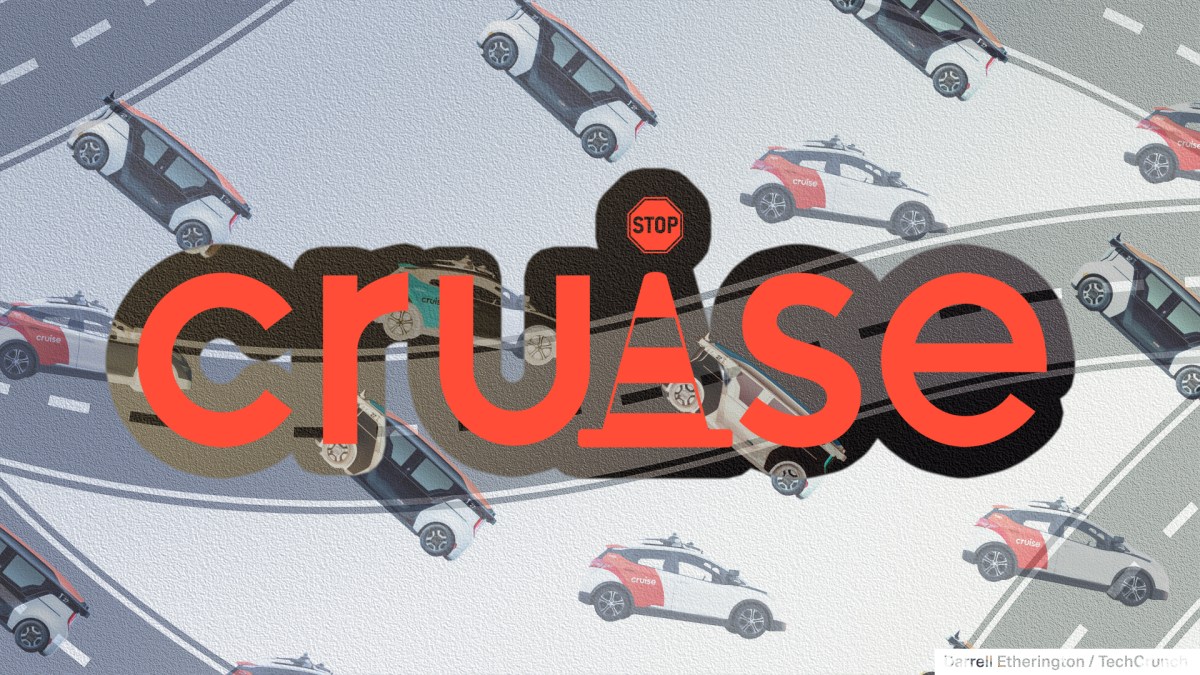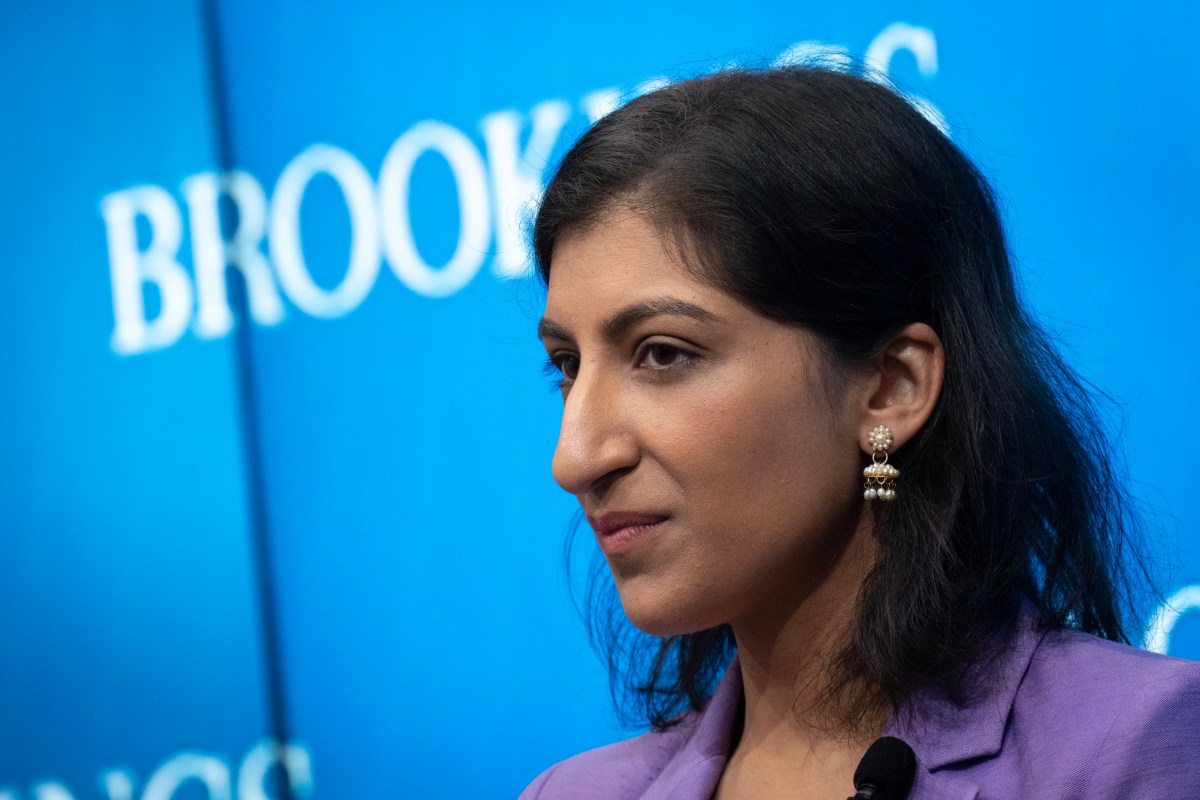UK launches antitrust probe into planned $19B Vodafone / Three merger | TechCrunch

The U.K.’s Competition and Markets Authority (CMA) is launching a formal probe into the proposed merger between Vodafone and Three UK.
The news hardly comes as a surprise, given that the £15 billion ($19 billion) joint venture would reduce the U.K.’s main infrastructure-owning mobile networks from four to three (the other two being EE and O2), and the duo had already allowed until the end of 2024 for the deal to conclude. That is some 18 months form when they first revealed their plans back in June.
“This deal would bring together two of the major players in the U.K. telecommunications market, which is critical to millions of everyday customers, businesses and the wider economy,” CMA chief executive Sarah Cardell said in a statement. “The CMA will assess how this tie-up between rival networks could impact competition before deciding next steps.”
Phase 1
Today’s news signals the start of what is known as a “phase 1” investigation, which will involve assessing whether a proposed merger will create a “substantial lessening of competition,” while gathering key data from the parties involved, competitors, customers, among other stakeholders. This initial market analysis phase can take up to 40 days, after which the deal may proceed to a more in-depth “phase 2” investigation which can last a further six months — hence why Vodafone and Three had allowed themselves until the 2024 for the deal to be greenlighted.
“It was certain that the CMA would open a formal investigation — it is also certain to proceed to a full Phase 2 investigation,” Tom Smith, a former CMA legal director who’s now partner at London-based law firm Geradin Partners, explained to TechCrunch. “This means we should expect the CMA’s final decision in the Autumn.”
Three has in fact been in embroiled in one previous failed acquisition effort, when its parent company Hutchison tried to procure O2 in a £10.25 billion deal — this was kiboshed by EU regulators, though the deal reared its head again in 2022 when a European court adviser suggested the original court ruling should be dismissed. It’s not entirely clear how that might impact this latest merger attempt, but Smith reckons that deal is as good as dead, regardless of what any court might subsequently find.
“The previous Three/O2 merger is still technically going through the EU courts, but that deal is long since dead in reality,” Smith said. “The current deal will be reviewed on its own merits in any case.”
With a full phase 2 merger investigation a likely outcome here, it will be up to Vodafone and Three to convince the CMA that the benefits outweigh the reduced competition.
“We strongly believe that the proposed merger of Vodafone and Three will significantly enhance competition by creating a combined business with more resources to invest in infrastructure to better compete with the two larger converged players,” Vodafone UK CEO Ahmed Essam said in a statement. “Our commitment to invest £11 billion will build capacity to meet the exponential growth in demand for data and accelerate the roll out of Advanced 5G across the UK, delivering benefits to consumers and businesses throughout the nation.”
National security
It’s worth noting that there is in fact an additional regulatory aspect to this deal beyond competition concerns. On Wednesday, the U.K. Cabinet Office said that a 14.6 percent stake that United Arab Emirates (UAE) telecoms group called e& holds in Vodafone could pose a national security risk, and ordered a security committee to be set up at Vodafone to “oversee sensitive work that Vodafone and its group perform which has an impact on or is in respect of the national security of the United Kingdom.”
Three, meanwhile, is owned by CK Hutchison Holdings, a Hong Kong-based conglomerate that is subject to a national security law introduced by China in 2020.
“It has been clear for some time that the proposed merger will also have an additional regulatory dimension under the National Security and Investment Act given Three’s links to China via its Hong Kong ownership — and the impact of China’s national security law in Hong Kong,” Alex Haffner, a competition partner at U.K. law firm Fladgate, said in a statement. “This allied to the UAE company e&’s recent 14.6% stake in Vodafone, which has already undergone a security review by UK government under the Act, means that the merging parties now face high level governmental as well as regulator scrutiny of the deal.”




